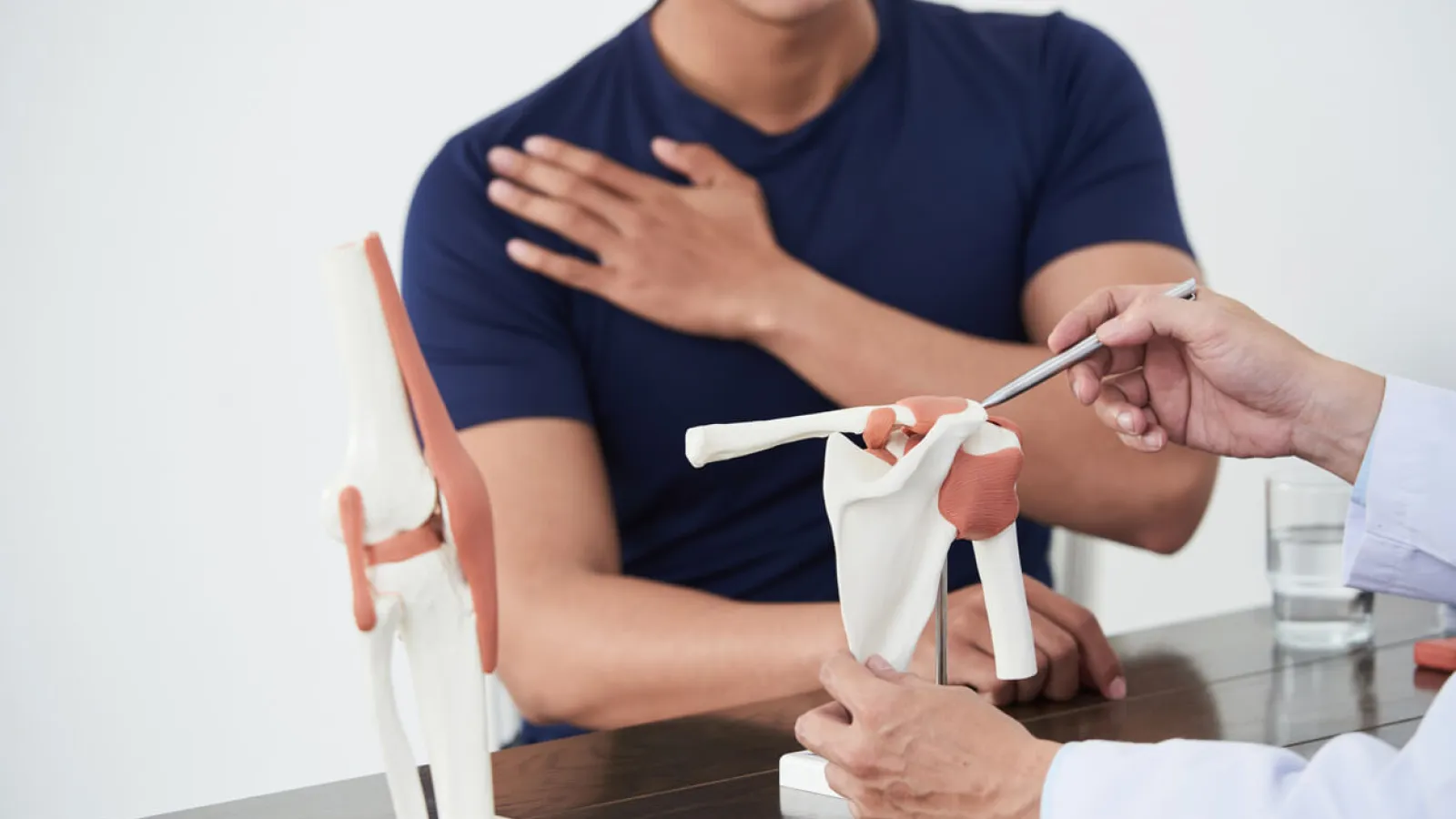Rotator cuff tears can stop you from doing the activities you love. Every year, thousands of people face pain, weakness, and limited movement because of a torn rotator cuff. When surgery becomes the best option, most patients ask the same urgent question: Will my insurance cover the cost of rotator cuff tear repair? The answer is important, but it is not always simple.
Understanding your insurance plan will help
you prepare for surgery and avoid surprise bills. This article will walk you
through the details of insurance coverage for rotator cuff tear repair.
Does Insurance Cover Rotator Cuff
Tear Repair?
Most health insurance plans cover rotator cuff
tear repair when it is medically necessary. However, the exact amount your
insurer pays depends on your specific policy and situation.
Medical Necessity and Insurance
Approval
Insurers want clear proof that your surgery is
necessary, not optional. They usually require:
●
A diagnosis from a qualified
orthopedic specialist
●
Evidence from imaging tests that
confirm the full or partial tear
● Details of conservative treatments tried first, such as physical therapy, rest, or medication
Many insurance companies need you to try
non-surgical treatments before they approve surgery. If the pain continues or
the tear is severe, your doctor will recommend moving forward with surgery.
Your insurance company uses these records to decide if your care fits their
approval rules.
Types of Insurance and Coverage
Differences
Your coverage might look different depending
on your insurance type:
Private or Employer-Based
Insurance
Most private health insurance plans cover
rotator cuff repair, but you may have deductibles, co-pays, or coinsurance.
Some plans may require you to use in-network providers for full coverage.
Medicare
Medicare Part B covers medically necessary
outpatient procedures. This includes arthroscopic rotator cuff repair. You
usually pay 20% of the Medicare-approved cost, and you must meet your annual
deductible first.
Medicaid
Medicaid coverage varies by state. Usually, it
covers rotator cuff surgery if your physician documents the medical need. Some
programs may place limits or require extra paperwork.
Workers' Compensation
If you tear your rotator cuff at work,
workers' compensation may cover your surgery. You must show that your injury is
work-related and follow your employer's reporting rules.
Common Insurance Requirements for
Approval
Insurance companies often require:
●
Pre-authorization or
pre-certification for surgery
●
Updated imaging and reports from
your doctor
●
Proof that less invasive
treatments (like physical therapy) did not help
● Using an in-network surgeon and facility
If you skip these steps, your insurer may deny
payment. Always check your policy details and talk with your care team before
scheduling surgery.
Out-of-Pocket Costs
Even with insurance, you usually pay some
costs out of pocket. Look for:
●
Your policy's deductible (the
amount you pay before coverage starts)
●
Co-pays or co-insurance fees (a
share of the bill you pay)
● Non-covered services, such as special equipment or post-surgery rehab not included in your plan
Some insurance plans set yearly limits or
require prior approval for physical therapy after surgery.
How to Avoid Surprise Bills
Read your insurance policy carefully. Call
your insurance company before your surgery to:
●
Confirm that your provider and
surgery center are in-network
●
Ask which specific services your
policy covers for rotator cuff repair
●
Request written details on
coverage amounts
●
Keep good records of all calls and
paperwork to help you handle any billing problems later
What to Expect from Rotator Cuff
Tear Repair
A rotator cuff tear can become more than just
a nagging pain. If left untreated, it can make daily activities difficult. It
can also lower your quality of life and even lead to permanent loss of arm
function. Repairing your rotator cuff sooner often means a better outcome.
Before Surgery
Your orthopedic surgeon will review your medical history and order imaging tests. The surgical team will answer your questions and explain what to expect.
Common steps before surgery include:
●
Stopping certain medications
before your procedure, as advised by your doctor
●
Arranging for help at home after
surgery, since you may need someone for daily tasks
During Surgery
Most rotator cuff repairs use a minimally invasive procedure called arthroscopy. The surgeon uses small incisions and a camera (arthroscope) to repair the torn tendon. Arthroscopy lowers the risk of complications. Most arthroscopic procedures also have shorter recovery times and lesser post-surgical pain than open surgery.
An arthroscopy usually takes one to two hours,
but it might be longer for large tears.
After Surgery
After surgery, your care team helps you manage
pain and start recovery:
●
You may wear a sling to protect
your shoulder.
●
Your doctor will give you pain
management instructions and a plan for physical therapy.
●
Most patients start gentle
exercises within a few weeks, as directed by a therapist.
● Full recovery typically takes four to six months, depending on the injury.
Follow your care plan closely. Attend all
follow-up appointments, and alert your trusted orthopedic doctor if you have
any symptoms.
Rotator Cuff Tear Repair in
Portland, Windham, & Brunswick, ME
Rotator cuff tears do not have to control your life. Most health insurance plans do cover rotator cuff tear repair if you follow the steps for approval. Remember to get all paperwork ready, keep records, and ask detailed questions. Knowing what to expect from the repair process helps you prepare for surgery, recovery, and medical bills.
Trust Orthopaedic Associates of Maine to guide you through every step. Our orthopedic offices near you cater to patients throughout Portland, Windham, and Brunswick. Call us at (207) 828-2100 or use our online appointment request form to take the next step toward healing your shoulder.
We look forward to serving you!
Sources:
https://my.clevelandclinic.org/health/diseases/8291-rotator-cuff-tear
https://www.mayoclinic.org/diseases-conditions/rotator-cuff-injury/symptoms-causes/syc-20350225
https://www.mayoclinic.org/diseases-conditions/rotator-cuff-injury/diagnosis-treatment/drc-20350231
